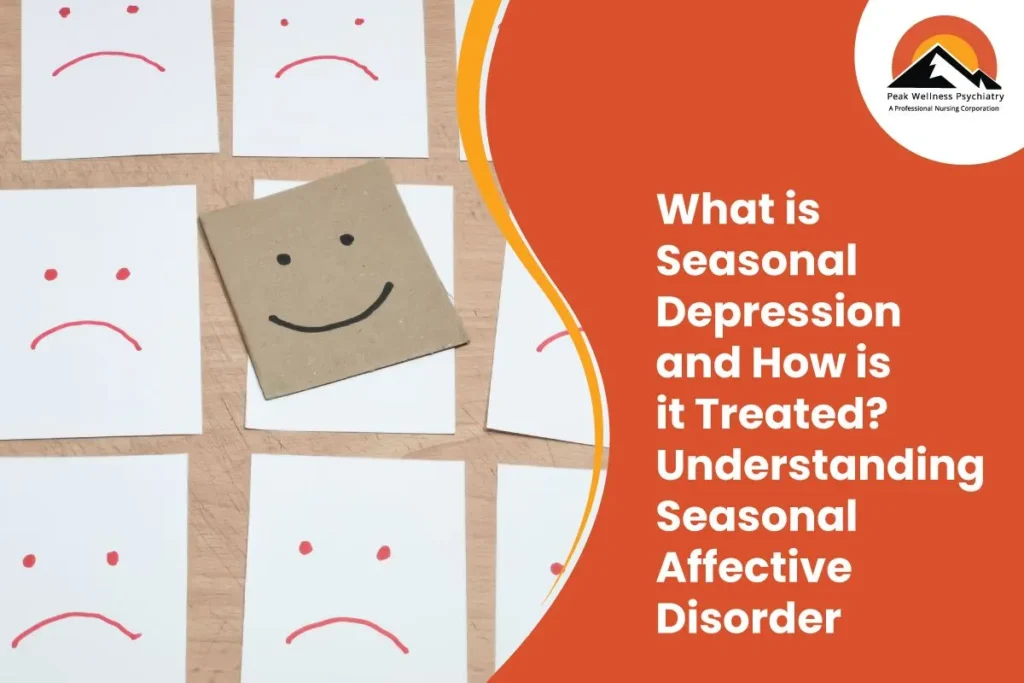As the sun’s warmth starts to wane and the days gradually shorten, many of us sense a change not just in the weather but deep within ourselves. Transitioning from the freedom of summer to the more structured fall season can stir a whirlwind of emotions, from anticipation to worry. While this phenomenon can affect people of all ages, it’s especially pronounced in students, teachers, and parents.
Let’s explore how to identify seasonal stress and the effective coping techniques to address it.
The End-of-Season Emotional Roller Coaster
Individuals may experience a range of emotions during the transition. Feelings of sadness, restlessness, and heightened apprehension might crop up. Recognizing these feelings is vital for self-awareness and early intervention. Here are a few symptoms of summer stress you might observe:
- Mood fluctuations or heightened irritability
- A change in sleep patterns, such as difficulty falling asleep or oversleeping
- Fatigue, stomach discomfort, and even clammy skin or palpitations
- A decreased interest in activities that once brought joy
- Challenges in concentration and staying on task
- Shifts in appetite and a preference for solitude

Unraveling the Reasons Behind Seasonal Stress
Every season brings about changes, not just in the environment but also in our emotions. Here are the triggers of summer stress:
1. Environmental Changes
The decline in daylight and cooling temperatures can jostle our internal clock, affecting mood and energy. It is closely linked with seasonal stress disorder or Seasonal Affective Disorder (SAD) experienced in the colder months.
2. Fear of the Unknown
The end of summer can signify time’s passage and prompt reflections on achievements and pending goals. Uncertainties about what the future holds can heighten summer stress levels.
3. Recalling Summer Memories
The joys of summer vacations, outdoor escapades, and quality time with loved ones might seem distant, triggering a sense of loss.
4. Social Media Envy
Pictures of others reveling in their summer can stir feelings of inadequacy and fear of missing out (FOMO), amplifying the end-of-season blues.
5. Transitional Challenges
For families, the commencement of a new academic year can be nerve-wracking. Students face academic pressures while parents grapple with seeing their children enter unfamiliar settings.
6. Workload Worries
In the professional sphere, gearing up for the final quarter can bring its set of pressures, amplifying seasonal stress.
7. Separations and Goodbyes
Parting from summer companions, whether friends or family, can be emotionally taxing, especially for children and young adults.

Guidance to Ease the Transition
Transitioning between seasons, especially from summer to fall, presents unique emotional challenges. But with understanding, self-awareness, and the right tools, it’s a journey that you can navigate with resilience and grace.
1. Embrace Mindfulness: Techniques like deep breathing and meditation can cultivate a present-focused mindset, alleviating stress.
2. Engage in Uplifting Activities: Engaging in hobbies, nature walks, or other fun physical activities can provide a therapeutic outlet.
3. Stay Connected: Speaking with loved ones or support groups can offer reassurance and shared perspectives.
4. Plan Ahead: Focusing on future goals can divert attention from current anxieties.
5. Physical Well-Being: Regular exercise boosts endorphins, naturally lifting mood.
6. Monitor Social Media Use: Reducing time on these platforms can minimize feelings of inadequacy.
7. Self-Compassion: It’s okay to feel a certain way. Be gentle and understanding with yourself.
8. Professional Assistance: If these feelings start overwhelming daily life, don’t hesitate to seek professional guidance.
Personalized Support for Seasonal Stress Is Just a Few Clicks Away!
Seasonal stress is a natural response to change, but it doesn’t have to weigh you down. Remember, seeking help is a sign of strength, and reaching out for help can be the first step toward reclaiming your emotional well-being.
At Peak Wellness Psychiatry, we understand the significance of mental well-being during times of emotional transition. Our team of psychiatrist NPs offers personalized support and is here to help you develop effective coping strategies and find strength in embracing the changing seasons of life.
We’re here to support you every step of the way! Access our online psychiatry services from the comfort of your home with just a few clicks. Visit this link or call 888-909-8676 to get started.




